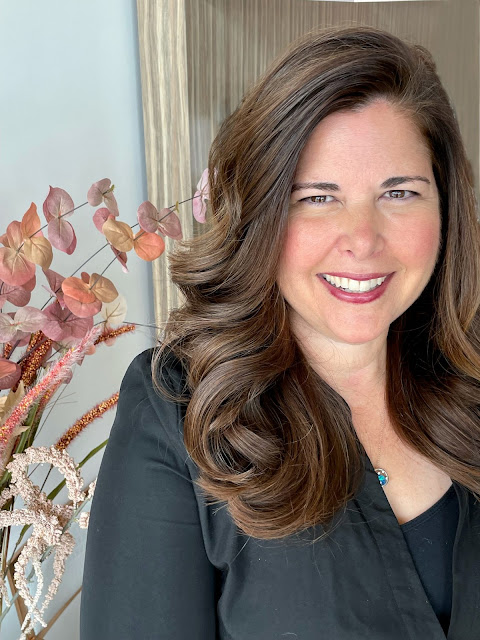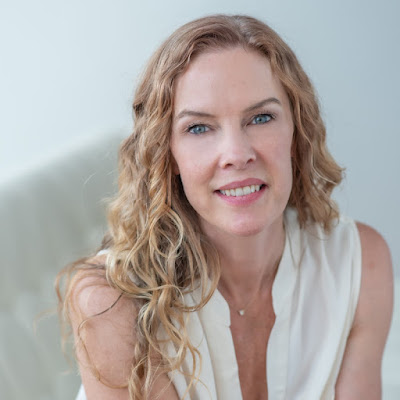Ethan Chatagnier
Ethan Chatagnier is the author Singer Distance, a novel just out from Tin House Books, and of Warnings from the Future, a story collection from Acre Books in 2018. His short fiction has  appeared in a variety of literary journals including the Kenyon Review Online, Georgia Review, New England Review, Story, Five Points, Michigan Quarterly Review, and the Cincinnati Review. His stories have won a Pushcart Prize and been listed as notable in the Best American Short Stories and the Million Writers Award.
appeared in a variety of literary journals including the Kenyon Review Online, Georgia Review, New England Review, Story, Five Points, Michigan Quarterly Review, and the Cincinnati Review. His stories have won a Pushcart Prize and been listed as notable in the Best American Short Stories and the Million Writers Award.
Chatagnier is a graduate of Fresno State, where he won the Larry Levis Prize in Poetry, and of Emerson College, where he earned an MA in Publishing and Writing. He lives in Fresno, California with his family.
My Q&A with the author:
How much work does your title do to take readers into the story?Visit Ethan Chatagnier's website.
Singer Distance is a slightly mysterious and, hopefully, beguiling title. They’re both familiar words, but it’s hard to tell what they mean together. Is it talking about musicians? Is it talking about a person? Is singer the name of a kind of distance? I want readers’ curiosity to be piqued by it, and want readers who are up for the ride of finding out.
“Distance” or “Distant” was always going to be a part of the title. The crux of the book is an alien math proof that indicates human’s understand distance all wrong, and I use it as a way of exploring the emotional distances between characters. The narrator spends a lot of the novel pained by the distance of his fiancée, Crystal Singer, and overcoming that distance becomes his key quest.
What's in a name?
I started with the name Crystal for the genius mathematician and love interest of the book because I wanted her to have a bit of a hippie edge, an expansive and unpredictable emotional intelligence. Her last name, Singer, came later when I wanted to tie some themes in the novel to her love of music.
The narrator, Rick Hayworth, grew up on a farm and wants very much to be more salt-of-the-earth than he actually is, so I wanted a name with some simple strength to it, but also a nod to his attempted humility.
How surprised would your teenage reader self be by your novel?
Less surprised than my college self, I think. As a teenager I read mostly genre books. John Grisham, John Saul, Michael Crichton. Science fiction, detective books, thrillers. In college I found myself with more literary and realist ambitions. I’m happy to say I think I’ve worked my way around to a novel that includes and honors both, one that feels equal parts science fiction and literary.
Do you find it harder to write beginnings or endings? Which do you change more?
Beginnings are much easier. I don’t begin a project until I feel like some key elements have clicked into place in my mind, so by the time I sit down to write, I have some starting momentum. A good ending needs to fulfill the storylines already set in motion, but to surprise the reader at the same time. There are a lot more moving pieces and it’s much more challenging. But surprisingly, I tend to changebeginnings more. Because the tune changes as you play it, when you get to the end you need to make sure the beginning is still in the same key.
Do you see much of yourself in your characters? Do they have any connection to your personality, or are they a world apart?
My narrator, Rick, is a fair amount like me. My mom’s side of the family is in cattle ranching, but I grew up with only occasional exposures to it, and I ended up feeling a bit self-conscious about missing my connection to the land and that way of life. I’m not an insider there, and though Rick grows up with farm life, he’s a mathematician at heart. An academic longing to be something he sees as more authentic.
What non-literary inspirations have influenced your writing?
Finding the right writing music is important for me. I like to find an artist or song for each section that helps me capture the emotional tenor of it. For Singer Distance, there were a mix of songs but I listened to Max Richter more than anything else. The name of the Richter Site, in the book, is a nod to him. There’s also a really rich tradition of science fiction in movies. Growing up with everything from Stargate to 2001: A Space Odyssey did a lot to get me interested in the genre and its possibilities.
--Marshal Zeringue
















